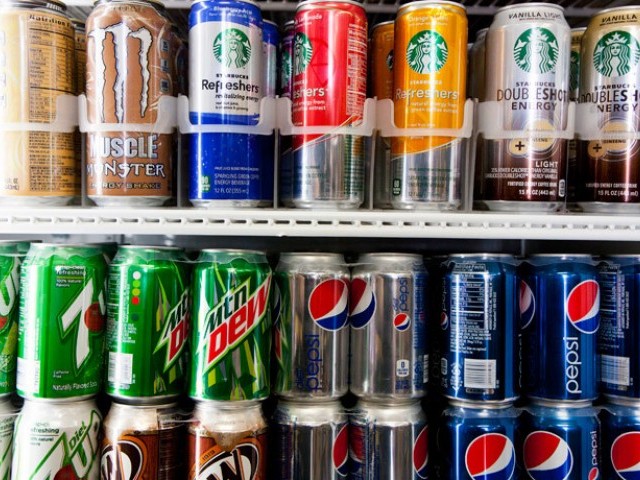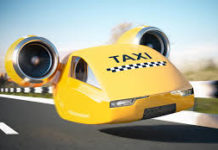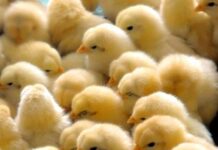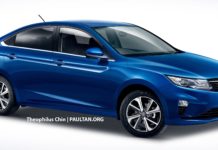By Muhammad Luqman
Food regulatory Authority in Pakistan’s Punjab province has launched campaign to curb the sale and use of soft drinks in schools and colleges in a bid to implement the ban on the sale of the fizzy and energy beverages among the kids.
”The ban extends to food stalls within a 100-meter radius around schools. PFA is instead encouraging schools to introduce fresh fruits, milkshakes, and dairy products at schools,” says Noorul Amin Mengal, the Director General of Punjab Food Authrity , responsible for curbing manufacturing, sale and use of impure food stuff.
Pakistan is not the first country in the world to ban the sale of fizzy drinks in educational institutions. The United States , the United Kingdom and even Saudi Arabia have imposed such restrictions over the last one decade. This ban had been implemented in many other countries since 2006.
Ban on fizzy drinks is a much-needed first step to ensure children don’t get addicted to unhealthy food choices in the early age. Abundant medical literature is available on the negative side effects of soft drinks. High in “false” calories and no-good sugar, carbonates smother children’s appetite. So kids end up having little of the required balanced, nutritious diet. Carbonated and sugar-sweetened beverages have been linked among children to tooth decay, calcium deficiency, digestive imbalances, and in extreme cases, diabetes.
The case of soft drinks is another instance where what is good for the corporate is really damaging for the country. The cola makers are doing great business in Pakistan. As per Euro monitor data, cola sales in Pakistan were Rs50 billion (563 million liters). Sales were forecast to reach Rs80 billion by 2019 (825 million liters). Roughly 90 percent of this market is controlled by multinationals Coca Cola Beverages and PepsiCo. Coca Cola has used music as a promotion tool while Pepsi Cola tried to benefit from the penchant of Pakistanis for cricket.
Much of Colas’ growth is coming from youngsters. But a school-centric crackdown on carbonated and sugary beverages can stop that menace in its tracks. According to Pakistan Demographic and Healthy Survey (2013), nearly 26 percent of Pakistan’s population fell between five and fourteen years of age – that’s more than 50 million school-age kids.
It is important to note that soda sales are declining in the developed West. For instance, US soda drinks sales fell to a 30-year low in 2015, Fortune magazine reported last year. Health regulators and city governments are taking actions to curb their consumption. As soda fizzles, cola firms in the West have taken to offering “healthy beverages”, such as bottled water, sports drinks, juices, and flavoured water.
Beverage industry is one of the emerging and fast growing sector in Pakistan. There is a significant contribution by beverage industry in upstream and downstream industries of Pakistan. Beverage industry in Pakistan is a combination of different sectors such as: Fizzy drinks, Juices, Milk based drinks, Energy and sports drinks, tea, coffee and bottled and bulk water.















